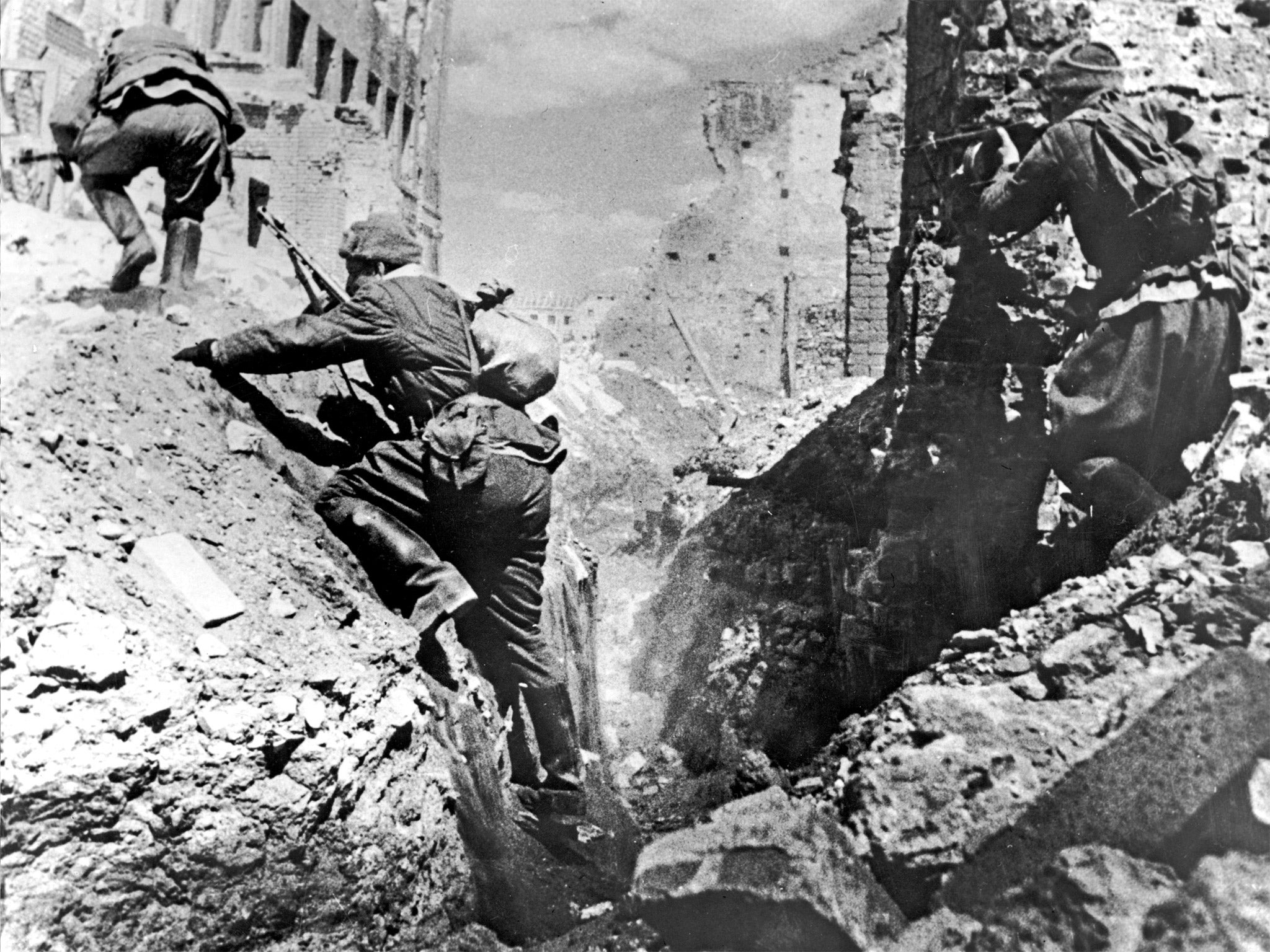World War II: Russia accuses Poland of starting the global conflict
'Polish policy led to the disaster in September 1939, because during the 1930s Poland repeatedly blocked the formation of a coalition against Hitler's Germany'

Your support helps us to tell the story
From reproductive rights to climate change to Big Tech, The Independent is on the ground when the story is developing. Whether it's investigating the financials of Elon Musk's pro-Trump PAC or producing our latest documentary, 'The A Word', which shines a light on the American women fighting for reproductive rights, we know how important it is to parse out the facts from the messaging.
At such a critical moment in US history, we need reporters on the ground. Your donation allows us to keep sending journalists to speak to both sides of the story.
The Independent is trusted by Americans across the entire political spectrum. And unlike many other quality news outlets, we choose not to lock Americans out of our reporting and analysis with paywalls. We believe quality journalism should be available to everyone, paid for by those who can afford it.
Your support makes all the difference.The Russian ambassador to Poland has sparked outrage for putting some of the blame for World War II on Poland, creating a new spat amid deepening tensions between the Slavic nations.
Russian Ambassador Sergey Andreev on 25 September described the Soviet's 1939 invasion of Poland as an act of self-defense, not aggression. The comment prompted Poland's Foreign Ministry to declare on 26 September that the ambassador “undermines historical truth” and seems to be trying to justify Stalinist crimes.
World War II began after Nazi Germany and the Soviet Union sealed a pact in 1939 that included a secret provision to carve up Poland and other parts of Eastern Europe. Germany soon invaded Poland from the West, followed by a Soviet invasion from the east 16 days later. Millions of Poles were killed in the war.
In an interview broadcast on the private TVN station, Andreev also said: “Polish policy led to the disaster in September 1939, because during the 1930s Poland repeatedly blocked the formation of a coalition against Hitler's Germany. Poland was therefore partly responsible for the disaster which then took place.”
Poland's Foreign Ministry expressed “surprise and alarm” at those comments, and Foreign Minister Grzegorz Schetyna summoned Andreev for a meeting on Monday on the matter.
“The narrative presented by the highest official representative of the Russian state in Poland undermines the historical truth and reflects the most hypocritical interpretation of the events known from the Stalinist and communist years,” the ministry said in a statement.
Prime Minister Ewa Kopacz also expressed displeasure with the ambassador.
“The role of an ambassador accredited in a country should be to build to build harmony and friendly relations between countries,” Kopacz said.
Relations have never been easy since Poland, a former Soviet bloc nation, rejected Moscow's control and embraced the West, joining NATO and the European Union. But tensions have been especially high since Russia annexed Crimea in 2014, a step that Warsaw has strongly condemned.
In other points of contention in recent days, Poland blocked a Crimean official hoping to attend an OSCE conference in Warsaw from entering the country, angering Moscow. Moscow has also protested a Polish town's dismantling of a monument to a Soviet World War II general, threating Warsaw with “most serious consequences” for that.
AP
Join our commenting forum
Join thought-provoking conversations, follow other Independent readers and see their replies
Comments